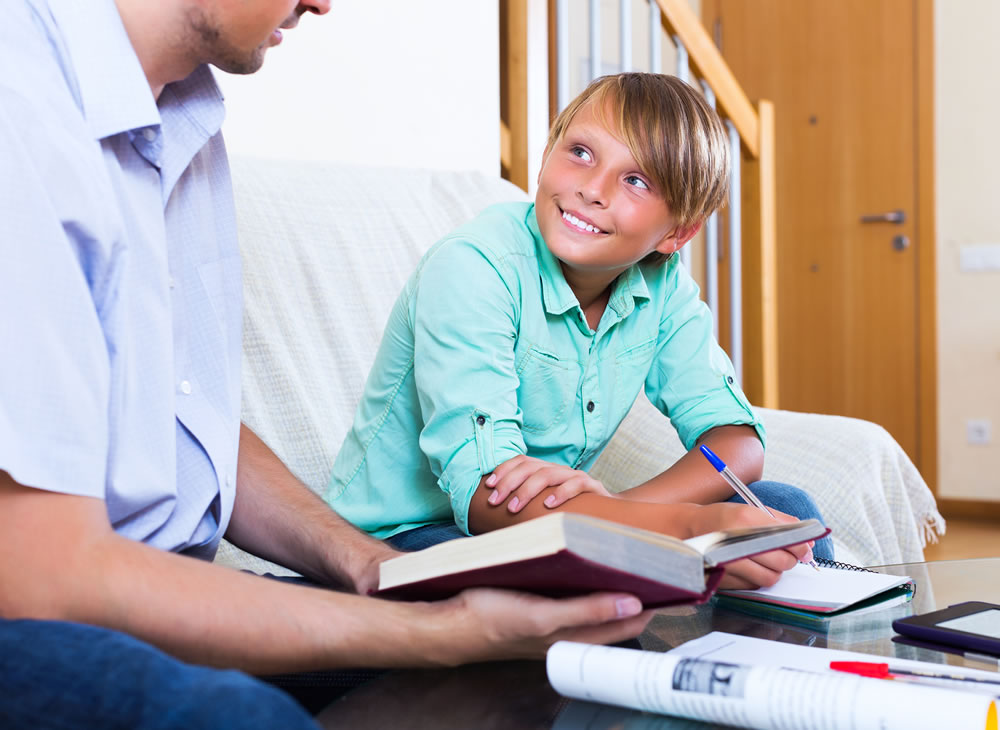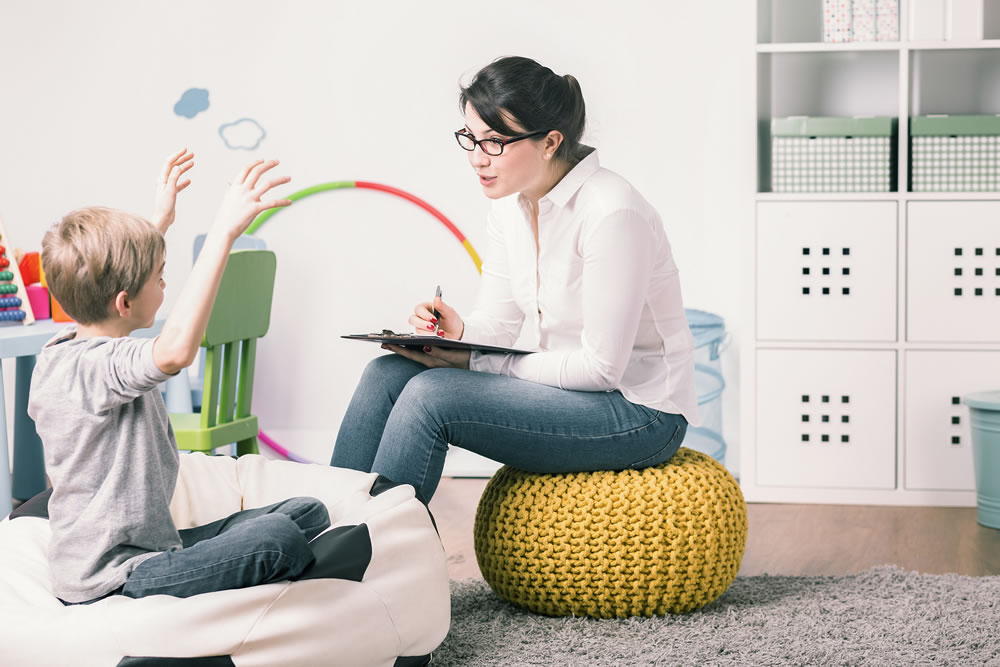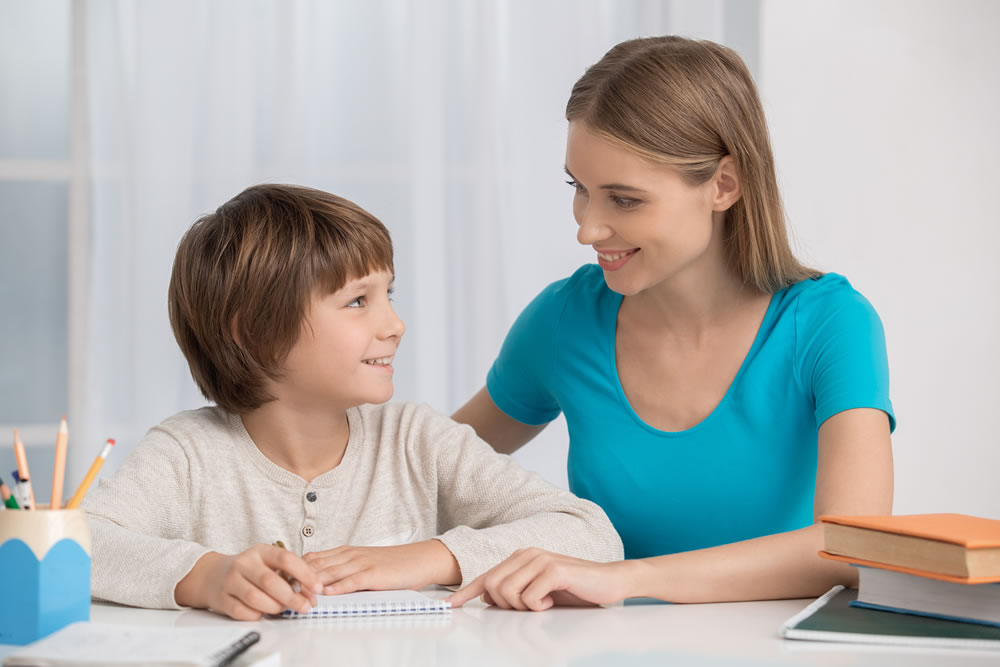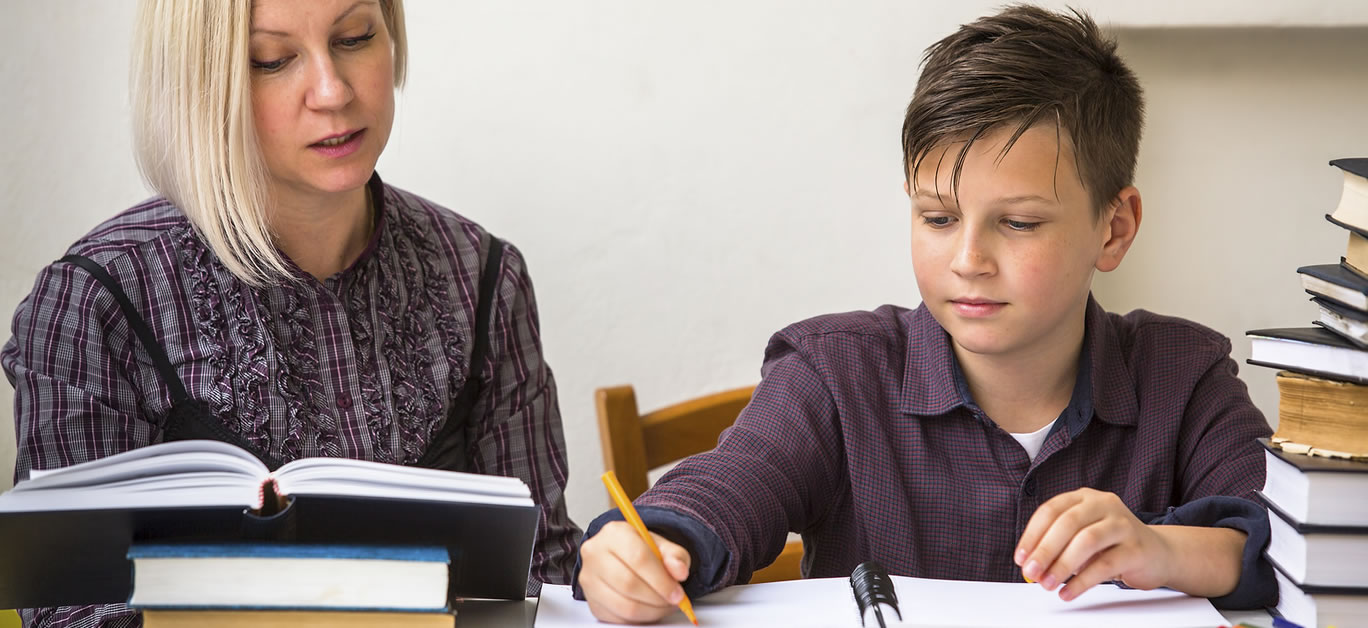Covid-19 continues to impact the world around us, causing disruptions in all areas – from changes to travel plans to having to follow health regulations such as wearing masks and continuing to work from home. Almost everyone has been impacted by this pandemic in one way or another – and with no clear signs of an end to it all in spite of the gradual lifting of various government-imposed rules, it could be set to continue this way for quite some time.
For those with children, another area of life that may have been impacted by coronavirus is their education. Many public and private schools turned to online education when lockdown was introduced to allow children to stay at home with their families, and a number of those have not fully reopened yet – and are unlikely to do so until the new school year at the earliest.
For many parents, it’s a challenging time, with more involvement in their children’s schooling required than ever before to keep them on track. But if you’re concerned that your teaching skills aren’t quite up to scratch or are struggling to juggle home schooling with your own job whilst working from home, you may be finding the pressure it is putting you under little short of overwhelming.
With continuing uncertainty over what lies ahead for schools and return dates still hanging in the balance, it’s difficult to know what to expect. While some children are currently being allowed back into the classroom in limited numbers – particularly those of key workers – even parents of those concerned are facing a dilemma when it comes to deciding whether it feels safe enough to send their offspring back.
While online classes currently being provided by many schools may serve a purpose, they are not suitable for all children or styles of learning, and with this in mind, it’s difficult to see whether they are a viable long-term solution. So, it’s little wonder than many high-net individuals, where money is no object, are looking to make alternative plans to ensure that their children get the thorough and well-rounded education they need.
Older children, in particular, face missing out on their education at a crucial time – particularly those who have been studying for their GCSEs and A Levels – but the introduction of a private personal tutor is proving to be a welcome solution for many. At Tutorspot.co.uk, you can find a tutor for every subject imaginable – most popularly GCSE Chemistry, Physics and Maths. They are an easy way of helping your child to get the top grades.
Although social distancing measures remain in place, some parents are taking advantage of the good weather to invite tutors around to home school their children al fresco – from two metres apart, of course.

Keeping them safe whilst ensuring they are suitably educated in all necessary subjects and to the required levels for their age-groups, for many, it is offering a superior experience even compared to the usual school experience – so it’s little wonder that more and more parents are happy to open their cheque books and pay the price for the sake of their children’s futures.
If you’re in a quandary about the best course of action for your child, then read on – because we’ve broken it all down for you to help you decide whether a home tutor could be the answer.
To send to school or to keep at home?
If schools in your area are planning on reopening, you may be struggling to decide whether or not to send your child in. However, it is important to remember that just because a school is reopening it doesn’t mean your child will receive the same level of education they did prior to closure.
Many schools are planning on putting procedures into place, such as the daily screening of children for fever prior to entry or the requirement that children to socially distance from each other throughout the school day. Some schools are even planning to have children wear masks all day, all resulting in a wildly different experience to the norm – and one which may well cause them unnecessary stress and worry.
This could result in your offspring struggling to pay attention in class, further hindering their educational development, which would be a far cry from the ideal solution many parents have been hoping for.
Struggles with online education
While some schools prepare to reopen, others schools are planning to resume online education at the start of the new school year in September, with some offering this as an ‘opt in’ model to allow for flexibility.
While some children do just fine with online education, others struggle. Some children do not have the required attention span to pay attention to online lessons. Others may not have the technical skillset to participate, which results in an adult having to be constantly present to help them.
Some families have found that getting their children to participate in online education has become a power struggle. Parents are constantly having to remind their children to sit down, pay attention, and be quiet. If children aren’t able to fully participate or focus on their online learning, they will start to miss out on learning important educational concepts – which could have a devastating effect on their education long-term.

Benefits to private tutoring
If sending your child to school, either in-person or online doesn’t feel like the right choice for your family, another option is a private tutor.
Private tutors will come to your home and provide the necessary one-on-one engagement that your child needs to excel academically, working with your child on specific skills and concepts, to help bridge any educational gaps and starting to move your child forward academically. This will also allow your child to work at their own pace instead of having to stay at the same pace as peers, which can be beneficial for children who typically require a little extra time to their classmates.
Not only will hiring a private tutor ensure that your child gets the education they deserve, but it will also mean that you no longer have to hover over your child or constantly supervise their learning. This will relieve you, as the parent of the responsibility of home schooling and allow you to focus on your own work schedule and responsibilities.
Add to that the fact that hiring a private tutor – and remaining socially distanced from them at all times – will also lessen your family’s chances of being exposed to Covid-19.
Potential disadvantages to tutoring
It is important to remember that home tutoring does come with its disadvantages, and may not be the right fit for everyone.
Finding a tutor who is a good match for your child may be time consuming, often with some trial and error involved before finding the right pick.
Private tutoring will also reduce the social interactions with peers your child may have had had they been allowed to return to school – so it’s important to try to find other ways for your child to stay in contact with friends during this time, such as scheduling Zoom calls and online play dates.
Depending on where you live, it might also be safe for your child to play with friends in an outdoor setting – again, retaining that all-important social distance.

Tutor or governess?
Depending on the needs of your family, another alternative to a tutor is a governess. Not only will a governess attend to your child’s educational needs, but they will also engage with your child in other extracurricular activities. And, depending on the needs of your child, a governess will also help with dressing and meals.
A governess is a cross between a tutor and a nanny. If you lead a busy lifestyle, then a governess is a good way to make sure your child’s education and other needs are being attended to. Governesses also tend to work longer hours than tutors, and may even be available on the weekend.
Using a search term such as “Governess Agency” can help you locate agencies in your area. Most agencies will help you with the hiring and vetting process to ensure that the governess is a good fit.
Finding the right person
Whether you’re hiring a tutor or a governess, there are certain factors you’ll want to keep in mind to ensure that you make the right choice. To find a suitable candidate, consider the unique behaviour and academic needs of your child, as these will help you to work out what your priorities should be when hiring.
From there, start by locating potential tutors, and carefully interview each and every one of them. Make sure to ask about their evaluation process, what their teaching methods are, how they motivate students, and what their hours are.
Once you have hired someone, keep the lines of communication open. Make sure to ask for regular progress reports to see how your child is improving, and be sure to ask your child how they feel about their tutor. If your child isn’t comfortable or has a negative attitude, it might be time to find them a new tutor.
Mistakes to avoid when hiring
There are also certain things you should avoid when hiring a tutor. After all, nobody wants to hire someone only to realise a week later that they have made a mistake, and have to start the entire process all over again.
One mistake to avoid is confusing credentials with experience. Just because someone has a degree in education or a specific subject matter, doesn’t mean they have experience in tutoring. Always ask for references to avoid hiring someone that is under-qualified.
Another mistake to avoid is not checking references. Even if the person seems like the perfect fit, always check the references. This can give you a better idea of the tutor’s reputation and their experiences with teaching. You may also want to consider running a background check on the person, to ensure that they do not have any hidden skeletons in their closet.

Looking ahead to future schooling
You might find yourself wondering how long you will need to use a tutor. Unfortunately, there are still many uncertainties surrounding Covid-19, although once a vaccine has been developed and approved, it could then become safe to send your child back to school.
Even so, once you begin working with a private tutor or governess, you might find yourself deciding that homeschooling your child is the best way to move forward permanently. Many children excel more academically when they’re taught in a one-on-one setting than they do in the classroom.
It all depends on what the needs of your child and family are. If you do continue one-on-one tutoring, even once the dangers of Covid-19 have lessened, keep in mind that you will want to find other extracurriculars for your child to participate in. This will allow them to continue to engage with peers, which is necessary to develop healthy social skills.
Covid-19 is far from over, but you can start taking the necessary steps to ensure that your child is having their academic needs met today. If you are worried that sending your child to school will put them at greater risk of developing the illness or that they won’t learn well in an online setting, a tutor or governess could be the right next step for your family.
If you’d like to go down this route, then don’t be afraid to ask your child’s school for recommendations. The head teacher of your child’s school or a previous teacher may have recommendations about whether or not a tutor could help meet your child’s academic needs or if they should be in a classroom setting.






















